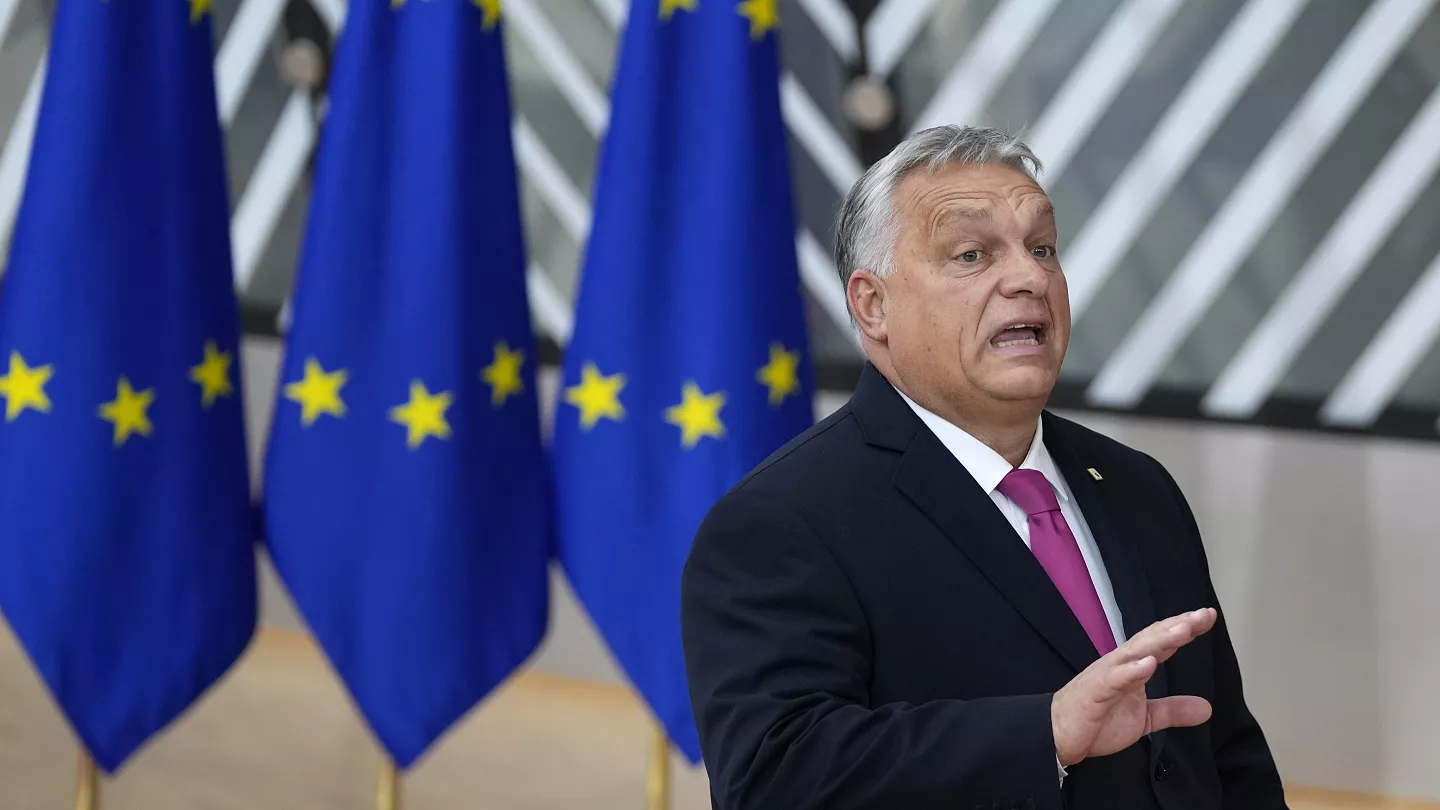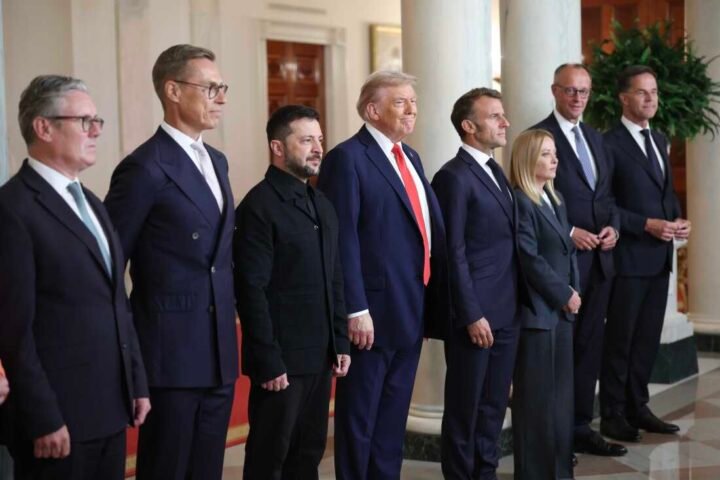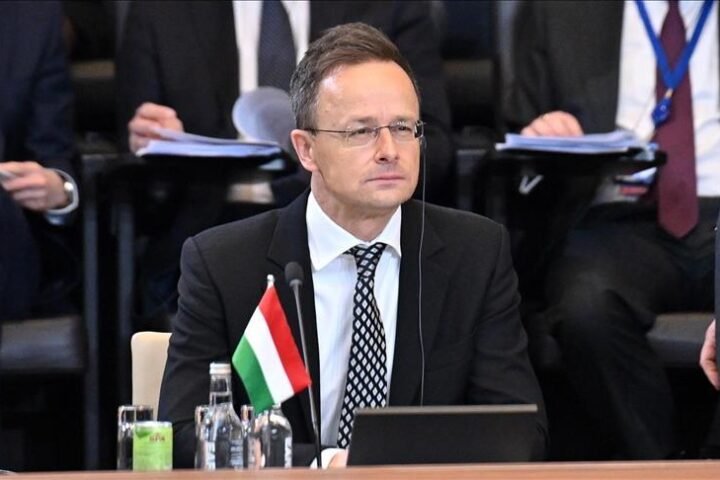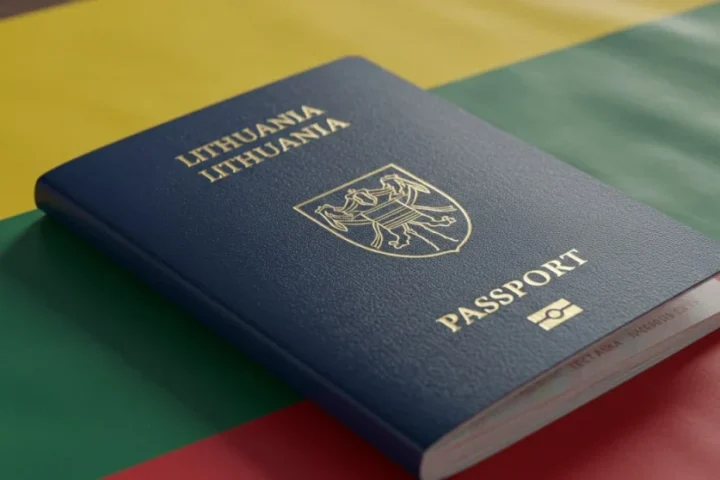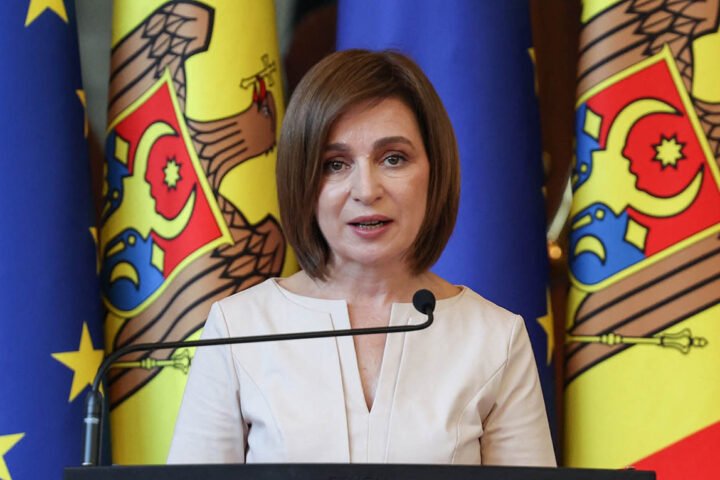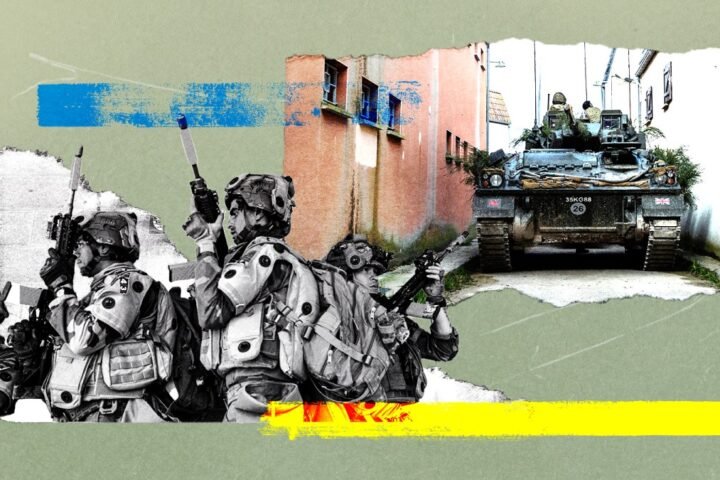Over the past two decades, Hungary has been a consistent recipient of European Union financial aid, intended to support infrastructure, environmental initiatives, and democratic development. However, under Prime Minister Viktor Orbán, these resources have been repurposed to reinforce authoritarian control and fuel anti-European narratives domestically and abroad, transforming a once-successful integration story into a paradox of dependency and opposition.
State contracts and favoritism fuel political consolidation
EU funds, theoretically aimed at modernization, have disproportionately benefited companies connected to Orbán’s inner circle. Research by the Corruption Research Center Budapest shows that between 2011 and 2023, 13 government-linked firms received over €25 billion in contracts, with nearly half financed by EU programs. Key beneficiaries include Orbán’s childhood friends, relatives, and trusted officials, forming a tightly coordinated network that centralizes benefits around the prime minister.
Family ties and elite networks drive economic influence
Prominent examples include Orbán’s childhood friend Lőrinc Mészáros, whose companies—Opus Global, R-Kord, and Hunguest Hotels—secured multibillion-euro contracts, largely funded by EU resources. Similarly, Orbán’s son-in-law, István Tiborcz, initially led Elios, a municipal lighting firm under EU scrutiny. Investigations by the European Anti-Fraud Office (OLAF) identified numerous suspicious contracts, but Hungarian authorities closed probes, highlighting the limits of EU enforcement within member states. Tiborcz later shifted to real estate via BDPST Group, accessing state land, hotel assets, and subsidized loans under the EU Green Transition program, exemplifying the “family rent” model shaping Hungary’s economic landscape.
Misuse of funds extends to regional projects and media influence
Investigations by Le Monde reveal that in Orbán’s home region of Felcsút, EU funds supported stone quarrying projects led by the prime minister’s father, despite questionable efficiency. Transparency International documented €880,000 spent on 11 wooden towers in the town of Tyukod, echoing mafia-style misappropriation but at a scale unprecedented in Hungary. Moreover, state-backed media conglomerate KESMA, consolidating over 400 outlets, channels government and EU-funded advertising to propagate anti-immigrant rhetoric and Eurosceptic messages, undermining press freedom and political transparency.
EU funds fuel cross-border influence campaigns
According to Financial Times reporting, over €1 billion in government advertising has supported pro-government media that criticize EU institutions. These campaigns extend beyond Hungary into Slovenia, North Macedonia, and Serbia, creating a transnational network promoting pro-Russian and anti-European views, financed indirectly by EU taxpayers.
Risks for EU unity and accountability
Hungary’s case illustrates how instruments designed to support democracy can be exploited to weaken it. Without effective EU mechanisms for oversight, transparency, and enforcement, billions of euros risk sustaining forces that challenge European cohesion. The Hungarian example underscores the vulnerability within the EU’s financial and political architecture, demanding urgent attention to prevent the erosion of shared democratic values.
